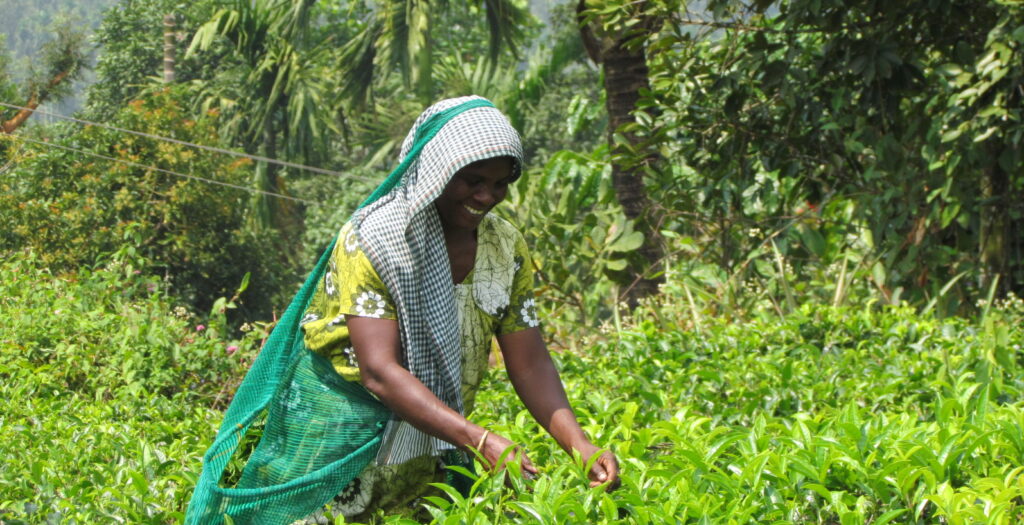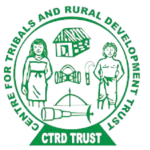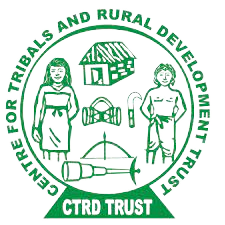Tribal tourism
Our Tour Packages

We offer eco-tourism packages that allow visitors to experience tea farming up close and personal, visit tribal villages, interact with the locals, and explore the Nilgiris region with cities such as Ooty, Gudalur, or Conoor .The tea farming experience is an excellent opportunity to learn about traditional and organic farming methods. The tribal villages are home to indigenous communities that have unique cultures and traditions that visitors can learn about. The Nilgiris region is known for its scenic beauty and pleasant climate, making it an ideal destination for nature lovers.
Background and scope
During long weekends / holiday seasons you would struggle getting an accommodation in homestaysif not planned well in advance. Even far-off destinations are thronged by travellers from the city. You’llfind yourself in a long queue at toll plazas even in early morning. And while returning, the bizarre oftraffic congestion on highways start even before 100 km from the Bangalore.Above probably says the potential of tourism business. Even if we exclude madding crowd with usualresort in mind, there is a fare portion looking for a different experience. This has fuelled homestay andfarm-stay business in recent decade. There is an opportunity for unusual tourism experience.
Proposed model
What I am going to suggest is not close to the existing models, it is offered based on your property,the region and your relationship with the villagers and tribal communities. We’ll designate a fewvillages, train the villagers who are interested to invest. We’ll equip them on meeting the expectationsfrom urban travellers – this includes health and hygiene, choosing of appropriate cuisines,presentation of dishes, creating the ambience etc.The idea is to create a self-sustained model, run by self-help groups who will be self-sufficient to caterto the assigned activities. This will help to get economic growth in the region. Even the vehicles willbe hired from nearby villages. Proportionate profit is shared with the groups/individuals.
Value addition
Exposing to personal experience should go a long way, few of the travellers may feel interested in
sponsoring or volunteering. At least the word of mouth will spread.
An example of itinerary
First day, Stay with a different perspective
1. Receive the guests at Gudalur or they drive direct to Ellamanna
2. Self-service style stay – we’ll not offer room service nor any additional service like laundry.
Our liability is limited to serving food only.
3. Buffet dinner at your property with fixed menu
Second day, Experience the odds
4. Morning:
• Proceed to a tribal village
• Show the tribal culture and heritage
• Experience tribal products
• Breakfast at the village – include one or two tribal cuisine
5. Afternoon:
• Take the guests to a designated village
• Guided tour to some of the projects – e.g. bio-gas, housing etc.
• Let the guests interact with the villagers
• Lunch at the village served in traditional style and authentic cuisine


Other Activities
• Experience tea plucking
• Angling at river
• Night sky watch
• Cycling
• Trekking/hiking
• Camping
Requirements
• Marketing at nearby cities – Coimbatore, Kochi, Mysuru, Bengaluru
• Facelift of your property at Ellamanna – no modification is necessary, just painting and re-
organizing should be enough.
• Training the self-help groups
insights and update
Responsible Tourism
Responsible Tourism:
- Focuses on reducing negative environmental, economic, and social impacts while increasing positive impacts.
- Aligns with UN Sustainable Development Goals, particularly Goals 8, 12, and 17.
- Aims to apply sustainable principles to all tourism segments in Tamil Nadu.
- Seeks to coordinate efforts among multiple stakeholders for positive impact and align with national tourism policy.
Reducing Tourism Impact:
- Decongesting popular destinations with satellite nodes.
- Formulating guidelines to minimize negative environmental impact.
- Supporting eco-friendly initiatives, such as rainwater harvesting and renewable energy.
- Promoting low-impact activities for Millennial and Gen Z tourists.
Promoting Awareness:
- Involving private sector players and communities in safeguarding the environment.
- Mandating sustainable practices for tourism enterprises.
- Encouraging awareness campaigns and competitions at the district level.
Certification Framework:
- Evaluating sustainable practices of tourist enterprises, considering various factors like energy efficiency, waste management, and community involvement.
Community Involvement:
- Emphasizes the positive economic, social, cultural, and environmental impact of tourism on local communities.
- Collaboration among stakeholders for successful tourism development.
- Involvement of local communities in shaping the future of tourism.
- Focus on authentic representation of local communities and balanced distribution of benefits.
Information, Education And Communication:
- Raising awareness about tourism’s economic potential among local communities.
- Educating the tourism industry about the advantages of employing locals.
- Initiatives for emerging tourism themes, educational tours, and cleanliness campaigns.
Community-Led Growth:
- Highlighting the historical and cultural richness of Tamil Nadu.
- Promoting community-led events, immersive stays, art performances, handicrafts, and plantation tourism.
- Ensuring inclusivity in tourism development, including participation from women, SC/ST, and Divyaang in the tourism workforce.


